Many people think that it’s bad to drink water during and right after a workout. But scientists and professional athletes think vice versa: you shouldn’t deprive your body of necessary moisture.
We will tell you what happens to your body if you ignore its signals and don’t drink water.
9. You contribute to skin aging.
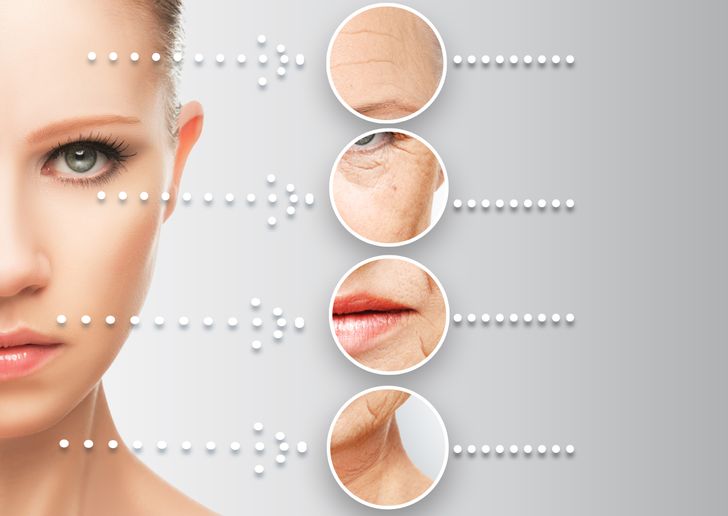
It’s proven that sports have a rejuvenating effect on our skin. Thanks to the skin’s blood flow cells get enriched with oxygen, collagen production increases, and wrinkles get smaller. Our body needs the right amount of fluid to help the blood circulate well.
8. You lose water, not fat.
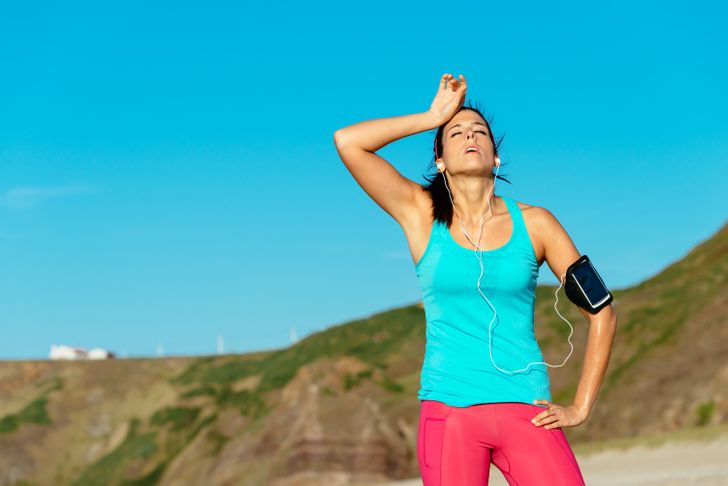
Some people think that if they don’t drink water while exercising, they’ll lose weight faster. Yes, you’ll see the effect on your scale right after a workout. But, you don’t lose excess fat, you lose water. And as soon as you drink your scale will show a different result.
A lack of water doesn’t allow us to burn fat cells effectively. Normal blood circulation that enriches cells with oxygen isn’t possible because of the water shortage.
7. Toxins stay in our body.
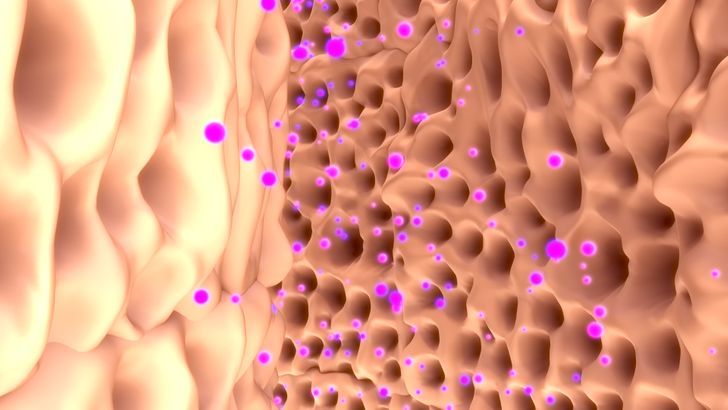
During physical exercises, our body gets rid of toxins through skin blood flow and heavy sweating. But if you don’t supply your body with enough water, sweating won’t be that intense and most of the toxins will stay in your body.
6. Workout effectiveness decreases.
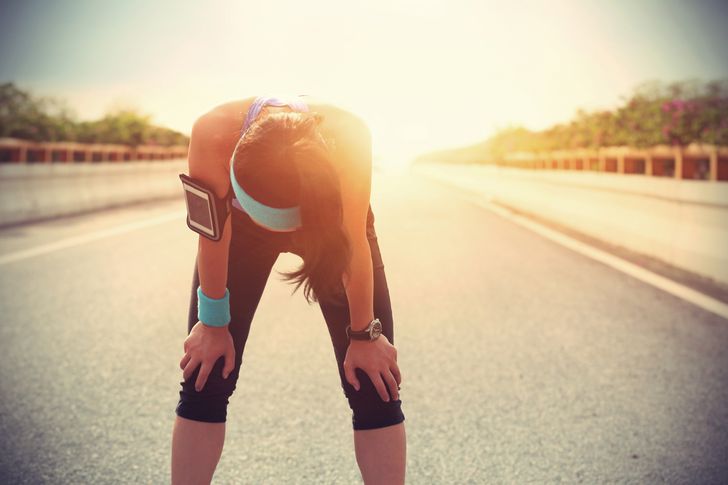
Scientists think that dehydration has a negative impact on workout effectiveness. If you lose 5% of fluids, your workout effectiveness will be reduced by 30%. If you lose 2% of fluids, it means that you’re not letting your body burn fat or grow muscle.
5. You start experiencing muscle pain.
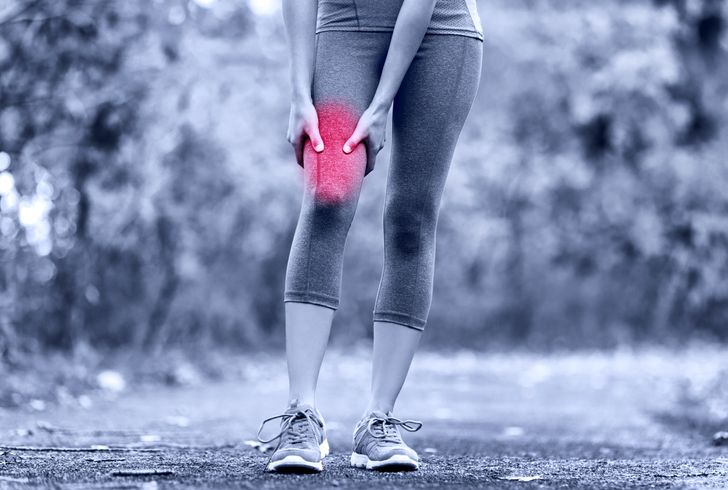
Muscle pain occurs after a good workout. But if you don’t drink enough water, this pain could last longer than just a couple of days.
Microtraumas that occur during exercises can only be healed if muscle fibers get protein and carbohydrates. And this is only possible if there’s enough water in our body.
4. Cardiac load increases.
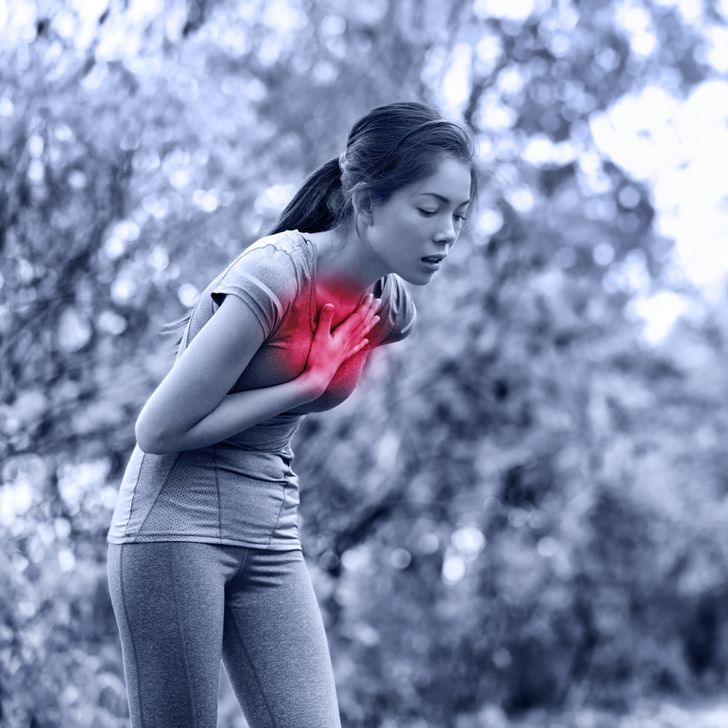
If you don’t consume enough fluid your blood gets thicker and your vessels constrict to save the limited amount of water. As a result, the hearts work increases because the heart tries to make thick blood flow through narrow vessels.
This could cause tachycardia, shortness of breath, and high blood pressure. Even if you’re healthy and do these types workouts regularly, your heart will suffer anyway.
3. Swelling occurs.
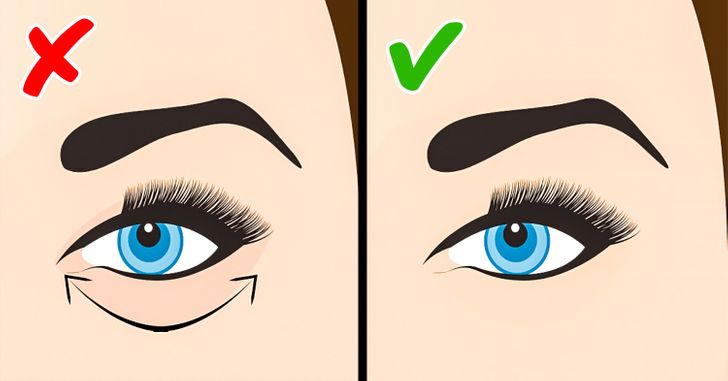
It’s hard to believe, but if you don’t drink enough water during workouts swelling is likely to occur. Our body feels the loss of fluid and tries to save it. As a result, swelling and dark circles under the eyes occur.
2. Concentration decreases, tiredness increases.
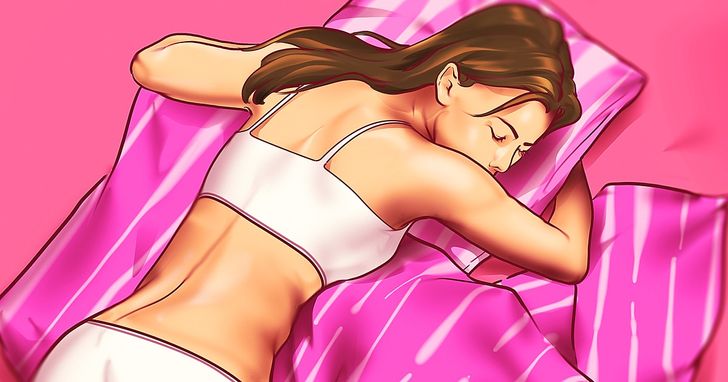
Even if you lose just 1-2% of fluid, your concentration and attention decrease and tension and fatigue increase. And it causes the feeling of constant fatigue and a bad mood.
1. You start eating more.

We often confuse hunger with thirst. So if you don’t drink while doing exercises and feel hungry right after, your body probably just needs some water. First, drink a glass of water and if you still feel hungry don’t hesitate to have a snack.
How should we drink during a workout?
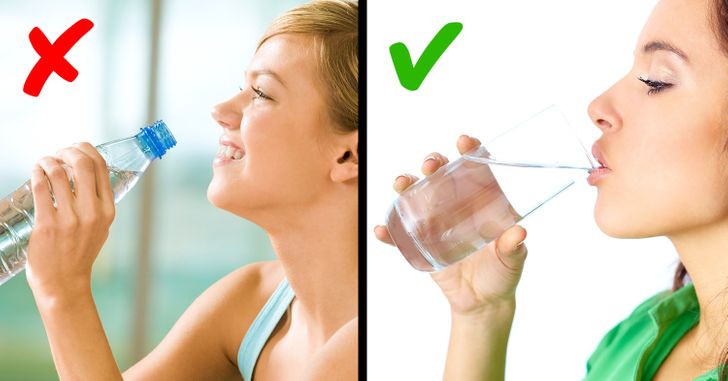
It’s recommended to drink around 5-8 fl oz (150-250 ml) of water each 15-20 minutes. Everything depends on the exercise intensity.
Scientists think that we should drink cold water instead of warm to keep normal core temperature balanced. In this case, it’s easier for our body to maintain the right temperature during high-load circuits.
Water or sports drinks?
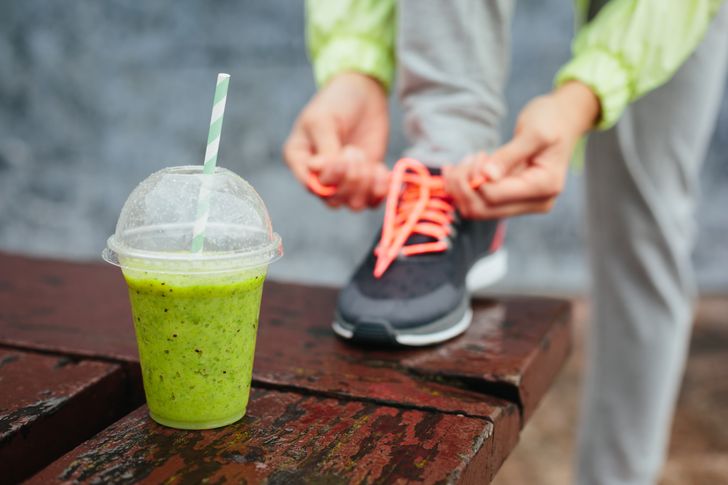
If you have a short workout, water will be just fine. But if you train more than 2 hours, it’s better to choose a sports drink.
It will enrich your body with fluid, carbohydrates, and minerals that will supply it with potassium and magnesium.
Drink 17 fl oz (500 ml) of water (not a sports drink) a couple of hours before a workout. And if you drank a sports beverage during a workout, it’s recommended to drink water right after.
Do you pay enough attention to drinking water? How much water do you drink per day?
Source: Brightside
